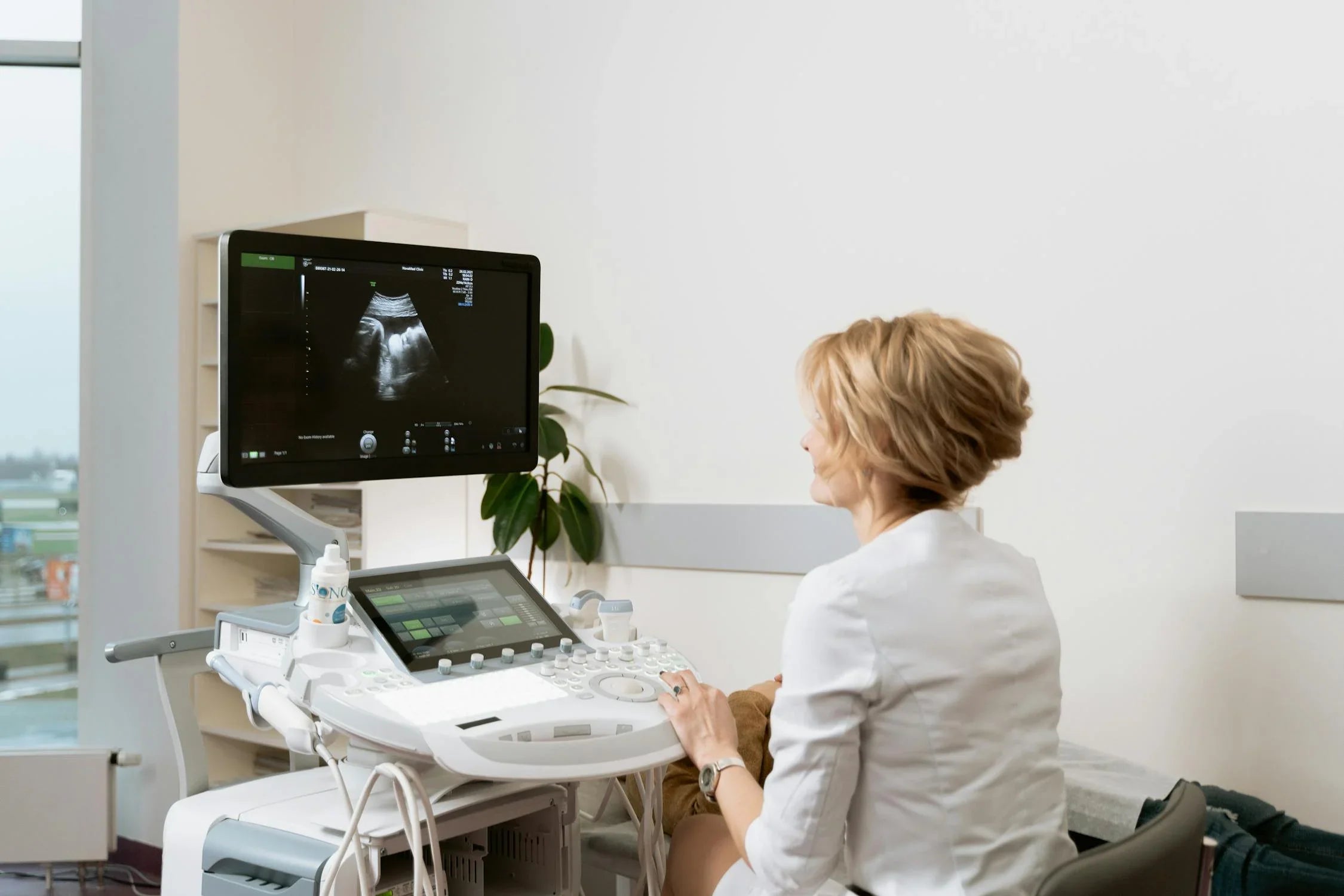Home
Pregnancy, Breastfeeding, and Pumping: The Ultimate Guide for Moms
How Long After Late Period to Take Pregnancy Test: A Complete Guide

How Long After Late Period to Take Pregnancy Test: A Complete Guide
Waiting to find out if you're pregnant can be an emotional rollercoaster. One of the most common questions women have is, how long after a late period should you take a pregnancy test? The answer isn't always straightforward, as it depends on various factors. This guide will walk you through everything you need to know about timing, accuracy, and what to expect.
Understanding the Menstrual Cycle and Pregnancy
Before diving into the specifics of pregnancy tests, it's essential to understand how the menstrual cycle works. A typical cycle lasts between 28 to 32 days, although this can vary from person to person. Ovulation usually occurs around the midpoint of the cycle, and if an egg is fertilized, it implants in the uterus about 6 to 12 days later. This is when the body starts producing the pregnancy hormone hCG (human chorionic gonadotropin), which is what pregnancy tests detect.
When to Take a Pregnancy Test After a Missed Period
The most reliable time to take a pregnancy test is after your period is late. For most women, this means waiting at least one week after the expected start date of their period. Testing too early can result in a false negative, as hCG levels may not yet be high enough to detect. However, some tests claim to detect pregnancy as early as 6 to 8 days after ovulation, but these results are less reliable.
Factors That Affect Test Accuracy
Several factors can influence the accuracy of a pregnancy test, including:
- Timing: Testing too early can lead to false negatives.
- Test Sensitivity: Some tests are more sensitive to hCG levels than others.
- Urine Concentration: Using first-morning urine, which is more concentrated, can improve accuracy.
- Medications: Certain medications, such as fertility drugs, can affect test results.
What to Do If You Get a Negative Result
If you take a pregnancy test after a missed period and get a negative result, don't lose hope. It's possible that you tested too early or that your hCG levels are still rising. Wait a few days and test again. If your period still hasn't arrived and you continue to get negative results, consider consulting a healthcare professional to rule out other potential causes of a missed period.
What to Do If You Get a Positive Result
A positive pregnancy test is an exciting moment, but it's also the beginning of a new journey. Schedule an appointment with your healthcare provider to confirm the pregnancy and discuss next steps. They can provide guidance on prenatal care, lifestyle changes, and what to expect in the coming months.
Other Signs of Early Pregnancy
While a missed period is the most obvious sign of pregnancy, there are other early symptoms to watch for, including:
- Nausea or morning sickness
- Breast tenderness
- Fatigue
- Frequent urination
- Mood swings
When to Seek Medical Advice
If you experience severe pain, heavy bleeding, or other concerning symptoms alongside a missed period, seek medical attention immediately. These could be signs of a more serious condition, such as an ectopic pregnancy or miscarriage.
Knowing how long after a late period to take a pregnancy test can make the waiting game a little easier. By understanding the factors that influence test accuracy and what to do next, you can approach this exciting time with confidence and peace of mind. Whether you're hoping for a positive result or simply seeking answers, this guide has you covered.
Share
